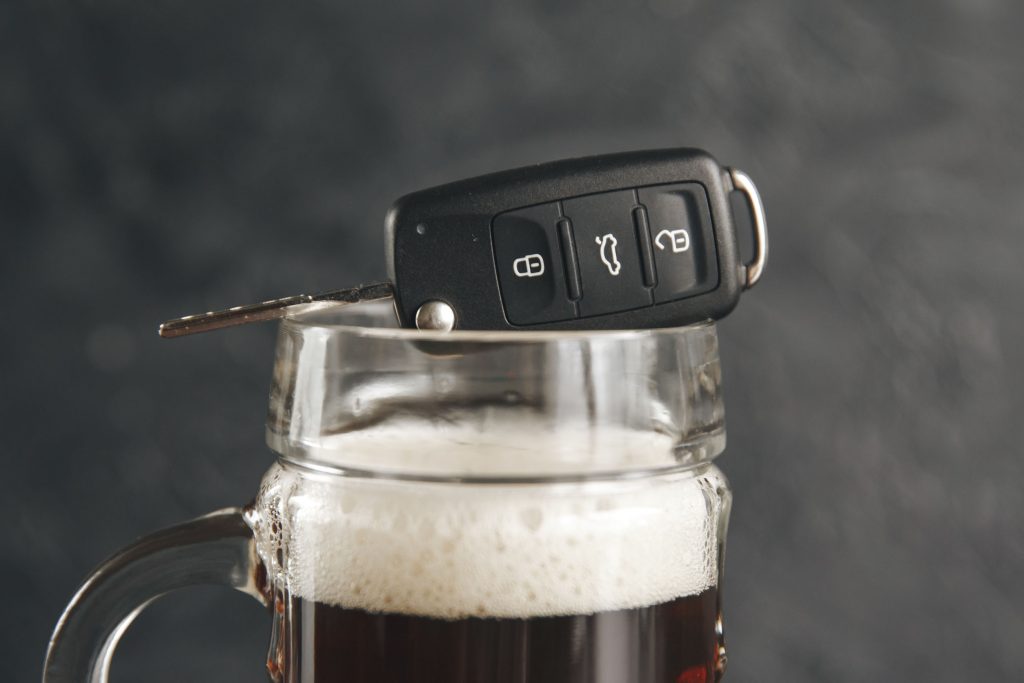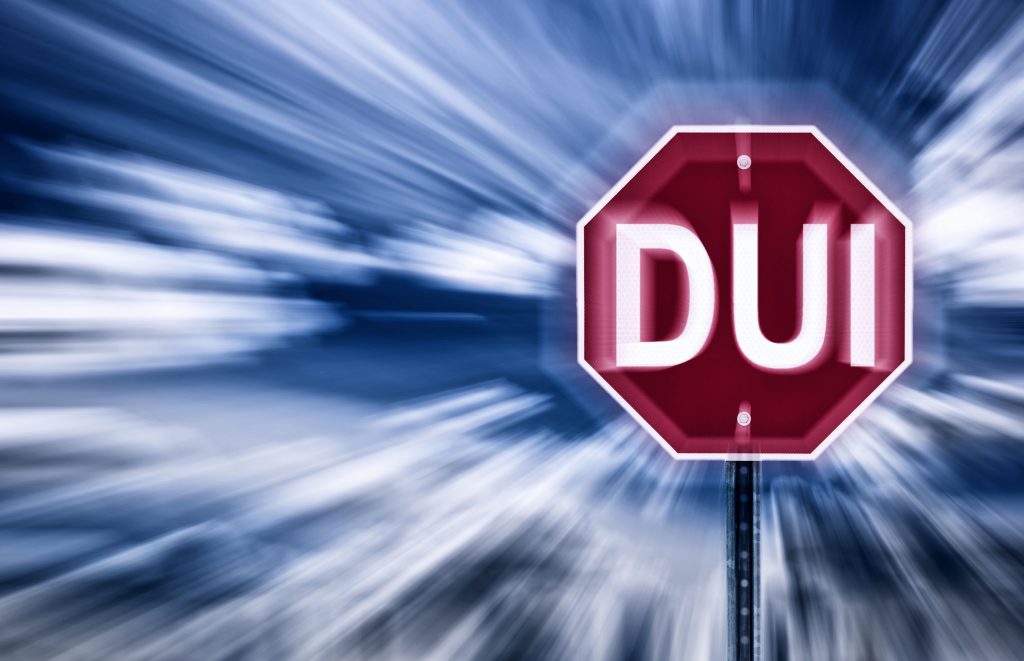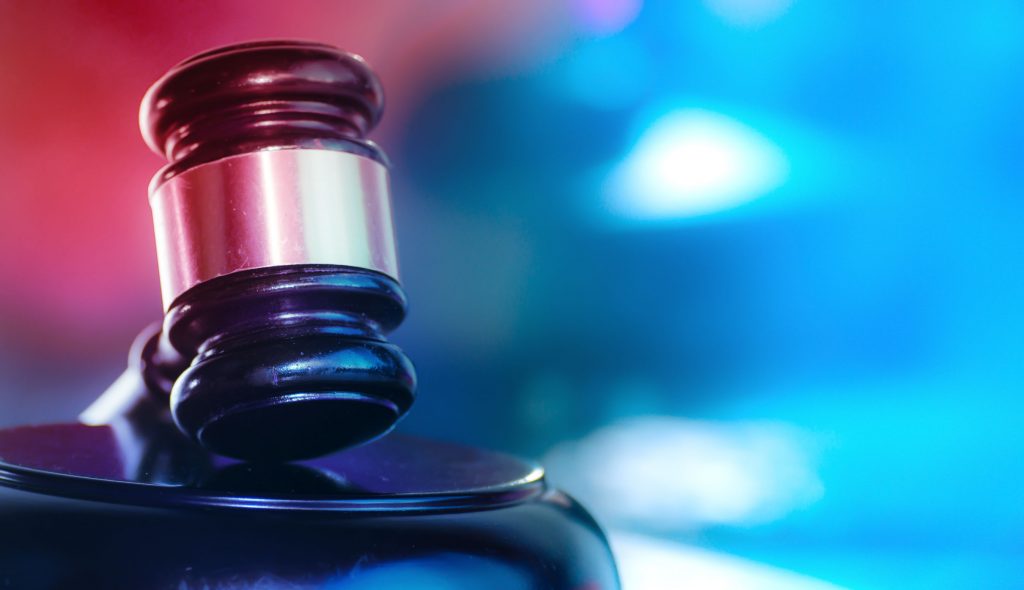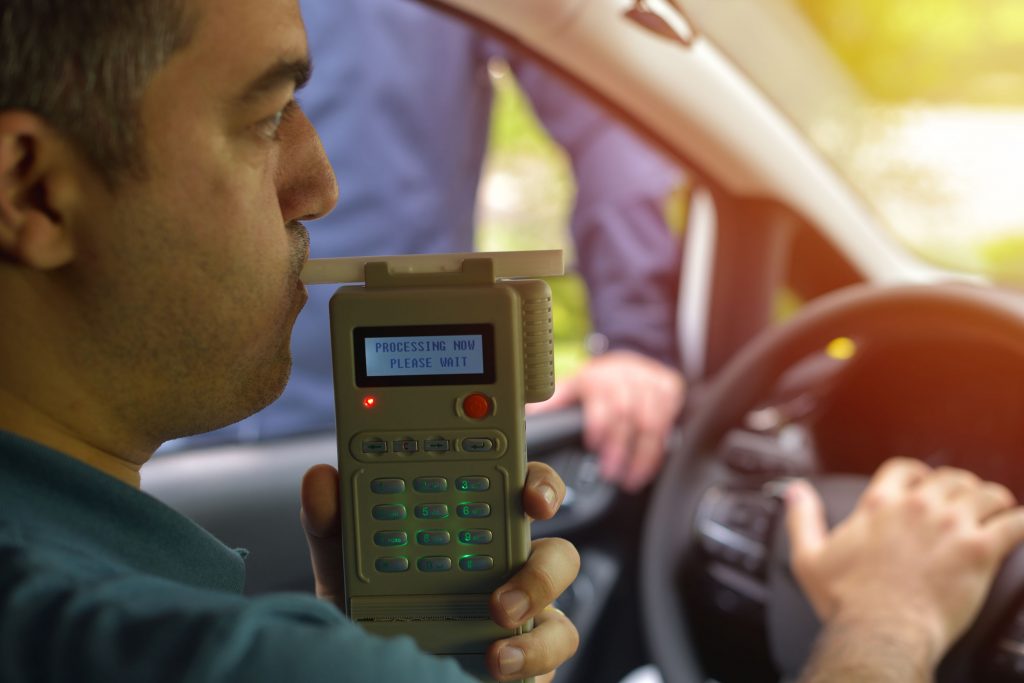FAQs: Arizona DUI Laws
It’s a Friday night, and you have some drinks while at the bar with your friends to celebrate the weekend. When everyone decides to head home for the night, you do too. Sure, you had a few drinks, but you’re not drunk. You know your limits and don’t feel too impaired to drive. Yet before you know it, you’re seeing red and blue lights flashing in your rear view mirror.
If you’ve been arrested for drinking and driving, you may be wondering how strict Arizona DUI laws are and what kind of rights you have and how a Phoenix DUI lawyer can help. Read on to find out the answers to all your questions regarding DUI law in Arizona from the criminal defense lawyers at Lerner and Rowe Law Group.
What Are the DUI Laws in Arizona?
Arizona DUI laws are some of the toughest in the nation. The Arizona Revised Statutes differentiate between several kinds of DUIs: standard, extreme, super extreme, aggravated, and underage. Depending on which DUI you are charged with, the crime can be classified either as a misdemeanor or a felony.
DUI
You can be charged with a misdemeanor DUI if you are found to be in actual physical control of a motor vehicle while under the influence of “intoxicating liquor, any drug, a vapor releasing substance containing a toxic substance” or any combination of substances even if you are only “impaired to the slightest degree”.
Alternatively, you can be charged with a regular DUI if you are found to be in physical control of a vehicle and if you have a blood alcohol concentration (BAC) of 0.08% or more within two hours of driving.
Extreme DUI
You can be charged with a misdemeanor extreme DUI if you are found to be in physical control of a vehicle and if you have a blood alcohol concentration (BAC) of 0.15% or more within two hours of driving.
Super Extreme DUI
You can be charged with a misdemeanor super extreme DUI if you are found to be in physical control of a vehicle and if you have a blood alcohol concentration (BAC) of 0.20% or more within two hours of driving.

Aggravated DUI
You can be charged with a felony aggravated DUI if you are found to be in physical control of a vehicle while under the influence while your license is revoked or suspended, if you have previously been convicted of two or more DUI’s in the past seven years, if there is a passenger under the age of fifteen in the vehicle with you, or if you are found to be driving the wrong way on the highway.
Underage DUI
Arizona is a zero-tolerance state when it comes to underage drinking and driving. Drivers under the age of twenty-one may be charged with a misdemeanor underage DUI (sometimes called a “baby DUI”) if they are found to have any BAC over 0.0% within two hours of operating a vehicle, regardless of whether they exhibit any impairment. Underage DUIs usually carry different penalties than standard DUIs.
What Does “Impaired to the Slightest Degree” Mean?
The legal limit in Arizona, like many other states, is 0.08% BAC, meaning that if your BAC reaches this level within two hours of having been in control of a vehicle, you can be convicted of a DUI. But DUI law in Arizona also includes a provision which implicates those who drive intoxicated, even if they are only “impaired to the slightest degree.”
What does this mean, exactly? The provision allows police officers to arrest you for DUI if you exhibit any signs of impairment whatsoever, regardless of BAC. Police officers may determine impairment using roadside sobriety tests, and in the case of a trial, witness testimony. It also means that it is possible to be charged with DUI for reasons unrelated to drug or alcohol use, such as drowsy driving.
What Happens After a First Time DUI Offense in Arizona?
If convicted of a first time standard DUI offense, you can be sentenced to ten consecutive days in jail without probation, up to $2,500 in fines, community service, and the requirement to successfully complete a traffic survival course. Those who are convicted due to alcohol intoxication will also be required to install a certified ignition interlock device (CIID) in any vehicle which they own or operate for at least twelve months.

In addition to criminal penalties, the Arizona Department of Transportation (ADOT) will automatically suspend your license for ninety days following a standard first offense DUI. You may reduce this suspension to thirty days and be issued a restricted permit if you complete appropriate drug and alcohol screening.
For extreme DUIs, a first time offense carries the penalty of thirty consecutive days in jail if BAC is found to be between 0.08% and 0.20%, or forty-five days in jail if BAC is found to be above 0.20% (super extreme DUI). Fines range anywhere from $2,500 to $3,000, and if convicted, you may also be sentenced to community service in addition to the completion of a traffic survival course and the installation of a CIID in any vehicle you own or operate for at least twelve months. Your license will be suspended for up to 90 days as noted above.
The penalty for first time super extreme DUIs includes a forty-five day minimum jail sentence, license suspension for 90 days, upwards of $3,000 in fines and fees, required drug and alcohol counseling, plus the installation of a CIID for at least eighteen months after your license is reissued.
For a first time aggravated DUI offense (excepting repeat offenses which may also fall under this category) you are facing a felony conviction, a mandatory minimum four months in the Arizona Department of Corrections, a one-year suspension of your driving privileges, installation of a CIID in any vehicle you own or operate for at least twelve months, and at least $3,750 in fines and fees. As with other DUIs, you will need to complete drug and alcohol screening and complete several hours of drug or alcohol counseling.
An aggravated DUI conviction for having a child under the age of 15 in the car is a class 6 felony, and carries punishment similar to a misdemeanor DUI. For example, if you are found to be operating a vehicle while transporting someone who is under the age of fifteen and your BAC is over 0.08% but less than 0.20%, you are subject to standard DUI penalties. If your BAC is over 0.20% while transporting a person under the age of fifteen, this falls under super extreme DUI penalties.
For a first time underage DUI, you may be sentenced to between zero and ten days in jail, $1,600 in fines, and suspension of driving privileges for at least ninety days (which may possibly be reduced to thirty days as noted above).
What Happens After Second or Third DUI Offenses?

For standard DUIs, a second offense within seven years of the original DUI can lead to a minimum of ninety days in jail, thirty of which must be served consecutively (after completing a court-ordered treatment or education program), $3,000 in fines, license revocation for one year, community service, completion of a traffic survival course, and CIID installation for at least twelve months after getting driving privileges back.
For extreme DUIs, a second offense in a seven year period will result in at least sixty consecutive days in jail for a BAC under 0.20% and at least ninety days for a BAC over this amount. Those convicted must pay between $3,250 and $3,750 in fines, perform community service, complete a traffic survival course, and install a CIID on all vehicles they own or operate following a one year revocation of their driver’s license.
Super extreme DUI second offenses are punishable by a minimum of six months in jail, license revocation for a period of one year, fines and fees upwards of $4,000, community service, probation, mandatory alcohol abuse classes, and installation of a CIID device for no less than two years after your license is reissued.
Aggravated DUI charges are often because of third or subsequent offenses within a seven year period. These offenses carry between four month to two-and-a-half year sentences and mandatory drug and alcohol treatment. Those who do not successfully complete treatment may face additional jail time. If convicted, you will have your license revoked for one year and be required to equip your vehicle with a CIID for up to two years after your license is reissued. Fines up to $4,000 may be incurred.
Second or third underage DUI penalties include thirty to sixty days in jail, $2,500 in fines, one year license revocation, completion of a traffic survival course, and probation.
What Happens if I Refuse a Breathalyzer or Blood Test?

Arizona DUI laws include an implied consent provision, which means it is assumed that all motorists will consent to a chemical test upon being stopped on suspicion of DUI. If you refuse to take a chemical test, your driver’s license can be suspended for no less than one year. If you refuse to take a chemical test a second time in a seven year period, your license will be suspended for no less than two years.
In order to contest these suspensions, you must request a hearing from a judge within fifteen days of the incident. You cannot apply for a restricted license if you refuse a breathalyzer test. This law also applies to other types of drug or alcohol screening tests which evaluate blood, breath, urine or other bodily substances.
Is Jail Time Mandatory for DUI in Arizona?
For first time standard DUI convictions, the shortest jail sentence is 10 days. However, a judge may reduce this sentence to just one day, provided that you complete court-ordered drug and alcohol screening, education, or treatment.
For more egregious offenses or repeated offenses, you will likely have to spend some amount of time in jail. An Arizona criminal defense lawyer at Lerner and Rowe Law Group may be able to help you reduce your sentence.
Can I Be Charged with Manslaughter or Negligent Homicide?
If a DUI results in an accident in which another person dies, Arizona DUI laws dictate that you may be charged with vehicular manslaughter, negligent homicide, and in some cases, second-degree murder.
Manslaughter occurs when a reckless act of a defendant is found to have caused the death of another person and carries a minimum three year prison sentence. Negligent homicide, a lesser charge, occurs when a defendant’s criminal negligence results in another person’s death. The penalty for negligent homicide is a minimum of one year in prison.
Second-degree murder charges may also be brought against you if your behavior displays an “extreme indifference to human life” or if you intentionally engage in “conduct that creates a grave risk of death.” Second-degree murder carries a penalty of 10 – 25 calendar years prison.
Who Do I Contact After a DUI?
If you are charged with a DUI, it is crucial that you seek legal representation as soon as possible. The criminal defense lawyers at Lerner and Rowe Law Group are experienced attorneys with a thorough understanding of Arizona DUI laws. We will advise you of your rights, explain your options, and develop an aggressive strategy to resolve your case.
If you’re concerned about your inability to pay, we offer affordable payment plans.
Call us at 602-667-7777, chat now with an online representative, submit a free case evaluation, or visit one of our offices during regular business hours, Monday through Friday, 8:00 a.m. to 5:00 p.m.


